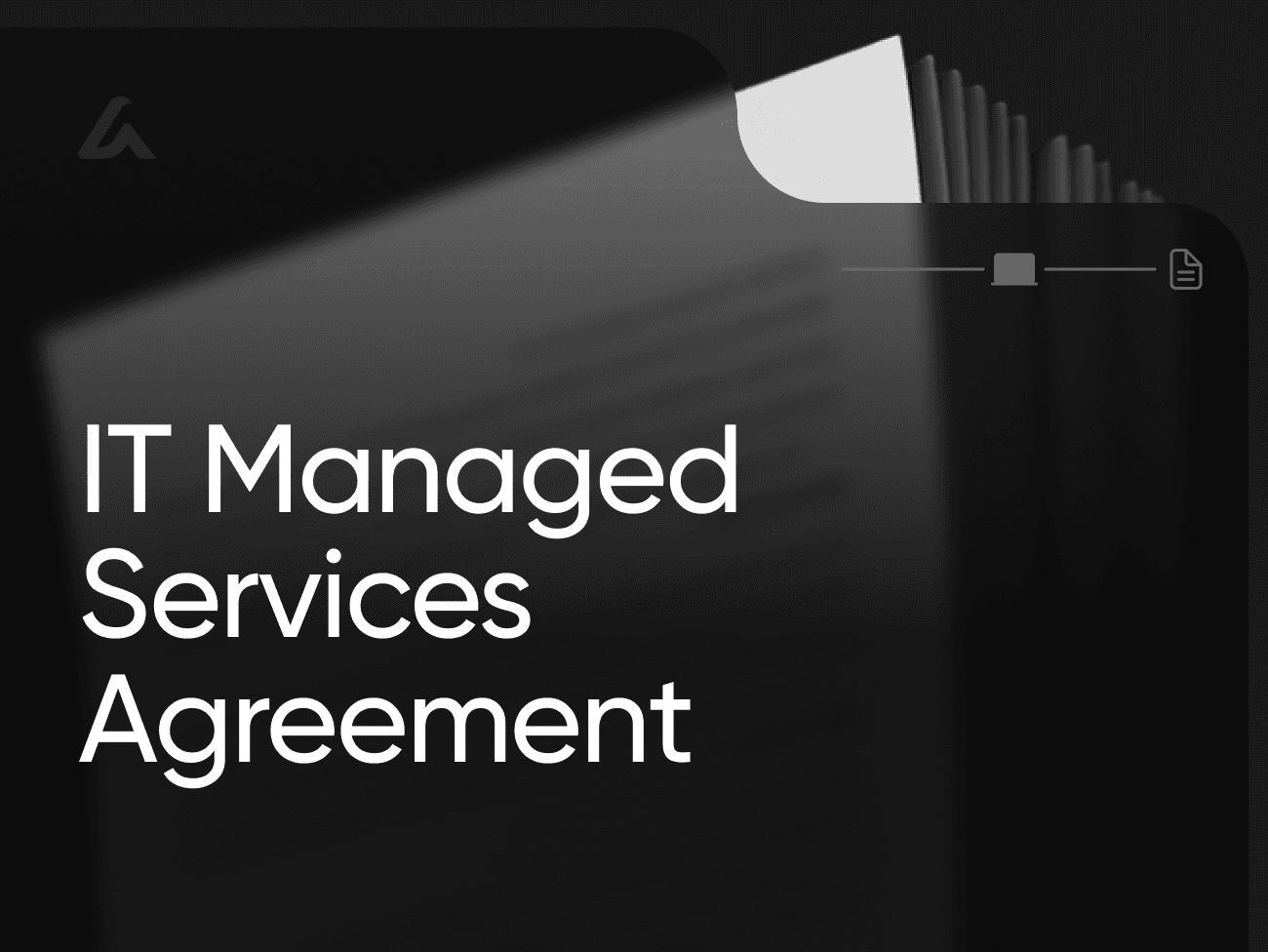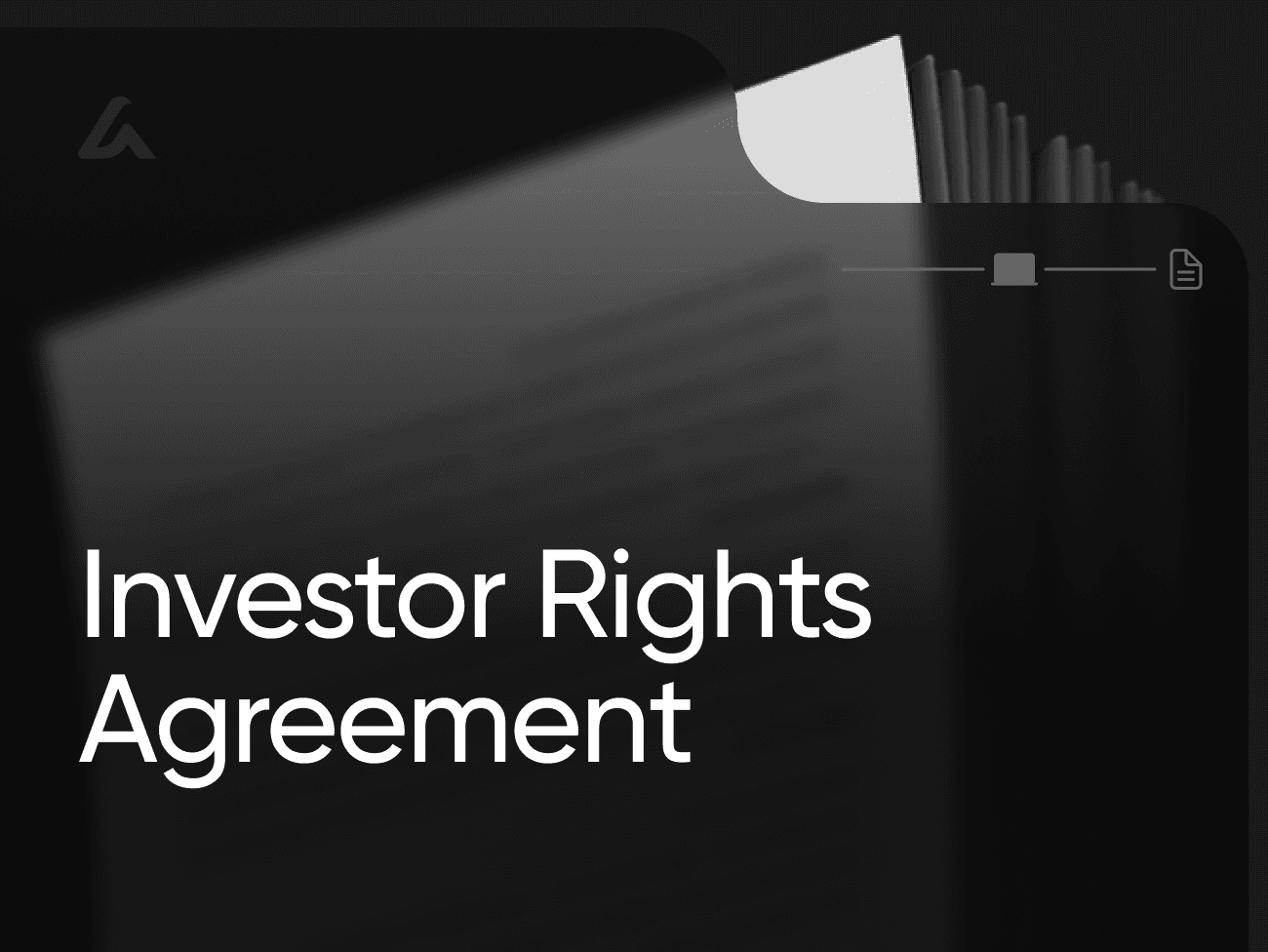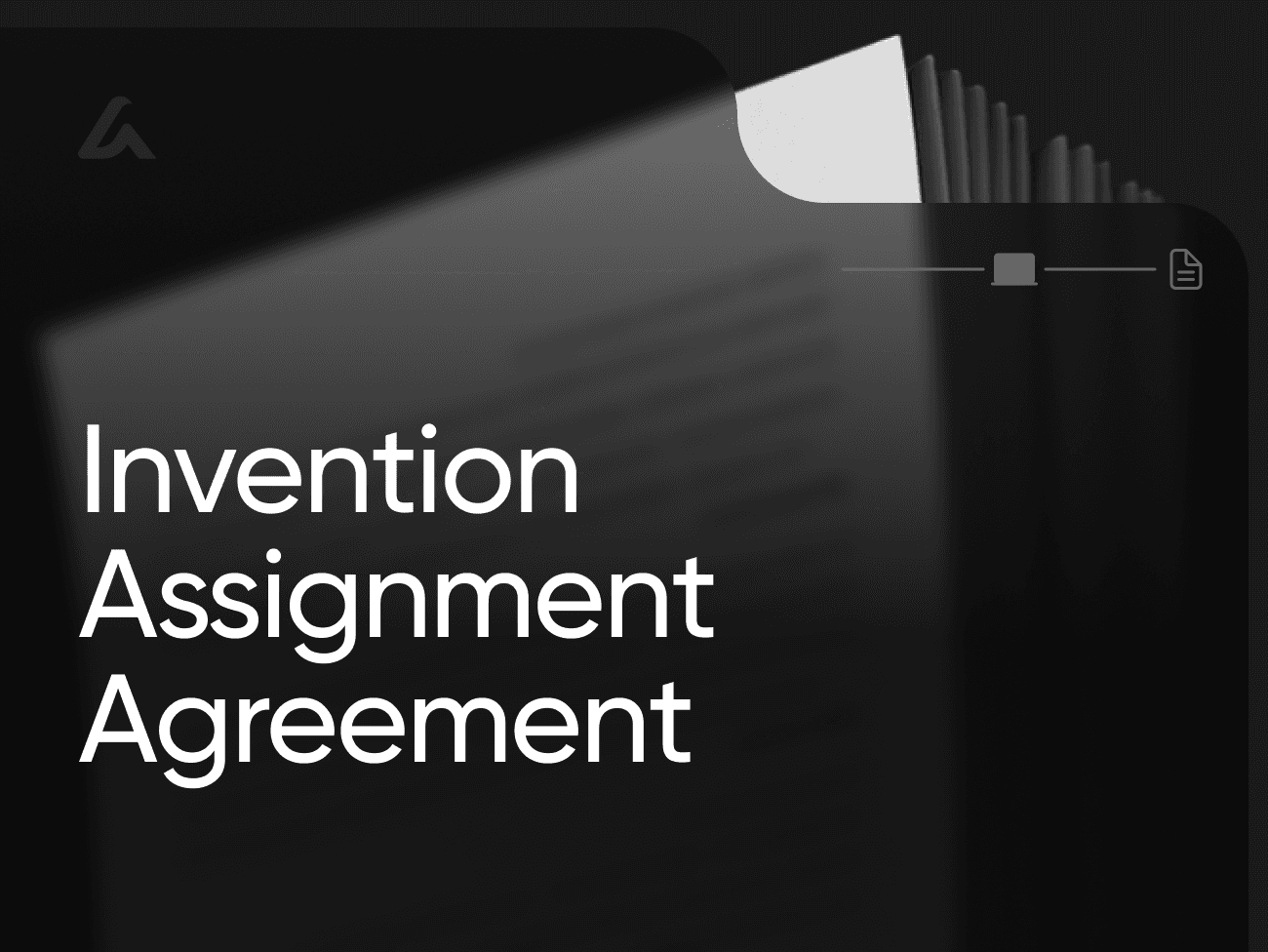AI Lawyer Blog
Lease Renewal Notice Template: Extension Terms & Tenant Rights

Greg Mitchell | Legal consultant at AI Lawyer
3
A Lease Renewal Notice is a formal document sent by either the landlord or tenant to confirm their intention to extend a lease agreement. It ensures continuity, prevents misunderstandings, and secures both parties’ rights. Typically, the notice outlines the proposed renewal terms such as rent, duration, and any updated conditions.
U.S. housing data show why formal renewal notices matter. The Census Bureau reports a 65.0% homeownership rate in Q2 2025, underscoring that a large share of households rent. Separately, the Census counted 42.5 million renter households in 2023, and 49.7% of those renters were cost-burdened (paying 30%+ of income on housing). In tight budgets like these, clear renewal terms help tenants plan costs and avoid displacement — and while landlords generally aren’t contractually required to renew a lease, research notes most will try to renew for tenants in good standing.
Download the free Lease Renewal Notice Template or customize one with our AI Generator — then have a local attorney review before you sign.
This guide is part of our Lease Agreement series — protecting landlords and tenants with clear, enforceable rental terms.
You Might Also Like:
1. What is a Lease Renewal Notice?
A Lease Renewal Notice is a written document used to communicate the intent to extend a current lease beyond its original term. It is usually sent within a specific timeframe — often 30 to 90 days before lease expiration — depending on the lease agreement or local laws.
The notice can be initiated by the landlord to offer new terms or by the tenant to request an extension. Having this document in writing avoids ambiguity, provides legal protection, and ensures both sides are aware of the new rental obligations.
2. Why Lease Renewal Notices Matter in 2026?
With rental markets tightening, renewal notices serve a vital role in ensuring stability and transparency. They are important because they:
Prevent disputes: Clearly documents intentions and terms.
Ensure compliance: Many states legally require renewal notices.
Support financial planning: Provides clarity on rent adjustments.
Promote transparency: Tenants know what to expect before committing.
Strengthen trust: Demonstrates professionalism and fairness from landlords.
3. Key Components of a Lease Renewal Notice
Parties involved: Names of landlord and tenant.
Property details: Address and description of the rental unit.
Original lease reference: Start and end dates of the current lease.
Renewal terms: Proposed new lease duration, rent, and conditions.
Deadline for response: Date by which the recipient must reply.
Signatures: Signature of the issuing party for validity.
4. Types of Lease Renewal Notices
Landlord-initiated renewal: Outlines updated terms such as rent increases or extended lease periods.
Tenant-initiated renewal: Requests extension under the same or negotiated terms.
Automatic renewal notice: Some agreements renew automatically unless notice is given.
Conditional renewal: Lease continues only if specific conditions are agreed to (e.g., repairs or upgrades).
5. Step-by-Step Guide to Drafting a Lease Renewal Notice
Before writing, remember that a renewal notice should be polite, professional, and legally precise.
Step 1 — Review the lease agreement: Check clauses about renewal timelines and conditions.
Step 2 — Identify parties and property: Clearly state names and property details.
Step 3 — State renewal intent: Indicate whether you are offering or requesting a renewal.
Step 4 — Outline new terms: Include rent, lease length, and additional conditions.
Step 5 — Add response deadline: Give the other party a set period to accept or decline.
Step 6 — Include signatures: Confirm authenticity with signed acknowledgment.
Step 7 — Deliver notice properly: Follow lease or state rules on delivery (mail, email, hand delivery).
6. Legal Context and Compliance Considerations
Many jurisdictions regulate lease renewals, especially in rent-controlled areas. Laws may dictate how much notice landlords must give before raising rent or whether tenants have renewal rights. Failing to follow these rules could invalidate the notice or expose landlords to penalties.
For tenants, responding promptly is essential. Missing a deadline may result in losing the right to renew or defaulting to unfavorable terms. Both parties should document communications for legal protection.
7. Global Perspectives on Lease Renewal Notices
United States: Requirements vary by state; common practice is 30–90 days’ notice.
United Kingdom: Renewals often require a Section 21 or Section 8 notice under housing law.
European Union: Tenant protections are stronger; landlords may face limits on rent increases.
Australia: Most states mandate written renewal notices with specific lead times.
Canada: Provincial laws regulate renewal terms and notice periods, especially in major cities.
8. Tips for Landlords and Tenants
For landlords: Be transparent about rent changes and provide adequate notice.
For tenants: Review renewal terms carefully before signing.
Both parties: Maintain written records of communication.
Negotiate respectfully: Renewal is an opportunity to adjust terms.
Seek legal review: Particularly for complex or high-value leases.
9. Lease Renewal Notice Checklist
Names of landlord and tenant
Property address and description
Original lease reference
Renewal period and terms
Rent adjustments (if any)
Response deadline
Delivery method
Signatures of issuing party
Download the Full Checklist Here
10. FAQs
Q: Is a lease renewal notice legally required?
A: In many U.S. states, landlords are required by law to provide written notice if they intend to change lease terms, raise rent, or decline renewal. The timeframe is usually between 30 and 90 days before the lease ends. Even when not legally mandated, written notices protect both sides by clearly documenting intentions and preventing misunderstandings, making them best practice for landlords and tenants.
Q: Can tenants reject a lease renewal notice?
A: Yes. Tenants are not obligated to accept the terms proposed in a renewal notice. They can decline outright or negotiate for better conditions, such as requesting a smaller rent increase or additional maintenance. If the tenant rejects renewal, the lease typically expires at the end of its term, and the landlord may seek a new tenant. Communicating early avoids rushed decisions.
Q: How much time should be given for a lease renewal notice?
A: Most states require at least 30 days’ notice, while others mandate up to 90 days depending on the lease length and local housing laws. For instance, rent-controlled jurisdictions may impose stricter requirements. Providing ample time ensures tenants can make informed financial decisions and landlords can prepare for either turnover or continued tenancy without interruption.
Q: What happens if no lease renewal notice is sent?
A: If neither party issues a notice, many leases automatically convert to a month-to-month tenancy under state law. While this offers flexibility, it also exposes tenants to sudden rent hikes or termination with short notice. For landlords, failing to issue notice may limit their ability to update terms. Written renewal notices eliminate these risks by locking in agreed terms.
Q: Can renewal terms be different from the original lease?
A: Yes. A renewal notice often includes new conditions such as rent increases, updated maintenance responsibilities, or revised lease duration. However, these changes must comply with housing laws and cannot override tenant protections, such as anti-discrimination rules. Tenants should carefully review the proposed terms and request clarification before signing to avoid unintended obligations.
Sources and References
Statistical data in this guide are drawn from the U.S. Census Bureau Housing Vacancies and Homeownership Report (Q2 2025), which reports a 65.0% homeownership rate, and from the American Housing Survey and Rental Housing Finance Survey documenting 42.5 million renter households in 2023, nearly half of whom are cost-burdened.
Legal and regulatory insights reference the U.S. Department of Housing and Urban Development (HUD), Consumer Financial Protection Bureau (CFPB), and state landlord–tenant statutes governing notice periods and renewal obligations.
Comparative housing frameworks draw on official tenancy regulations from the U.K. Government Housing and Local Services (Section 21/Section 8 procedures), Canada Mortgage and Housing Corporation (CMHC), and Australian Residential Tenancies Acts for renewal notice standards across jurisdictions.
Disclaimer
This article is for informational purposes only and does not constitute legal advice. Lease renewal laws vary by jurisdiction. Always consult a qualified attorney or housing authority before drafting or signing a Lease Renewal Notice.
Get Started Today!
A Lease Renewal Notice is a simple but powerful tool to secure housing stability and protect landlord-tenant relationships. In 2026, with rental demand continuing to rise, formal renewal notices are essential to avoid disputes and ensure compliance.
Download the free Lease Renewal Notice Template or customize one with our AI Generator — then have a local attorney review before you sign.
Explore more resources in our Lease Agreement series to make sure you’re fully covered in rental situations.
You Might Also Like:



